To support liver function, consume these 7 drinks rich in antioxidants and vitamins to protect the liver from damage, promote regeneration, and improve its ability to process toxins.
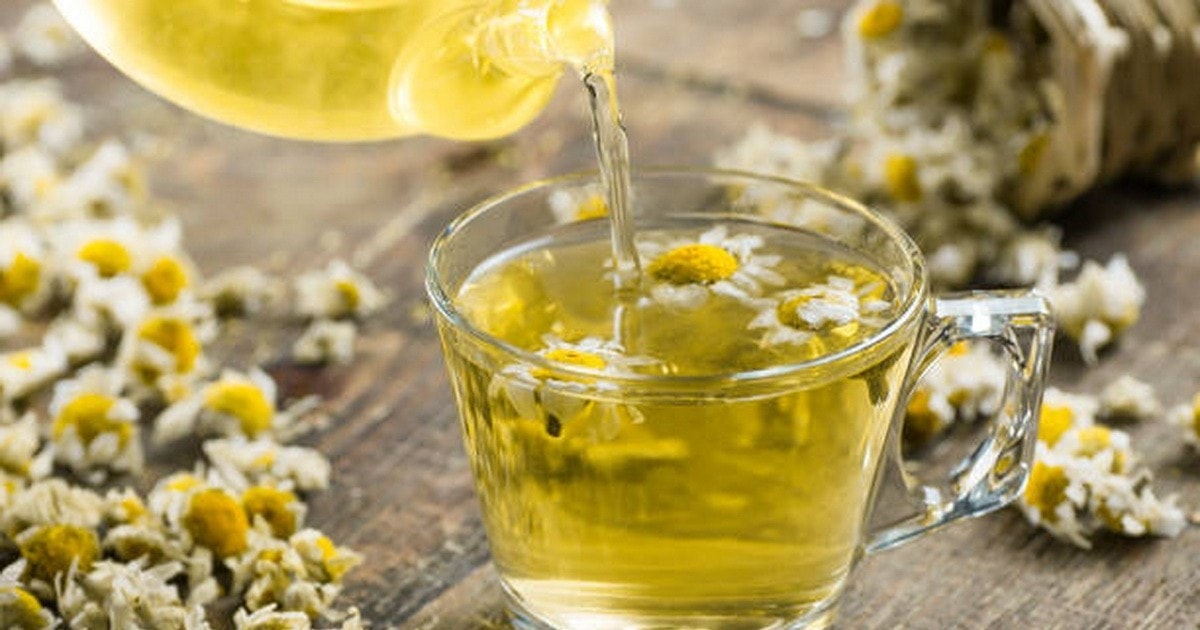
The liver is one of the most important organs in the human body, performing more than 500 essential functions to maintain health. The liver detoxifies harmful substances, metabolizes nutrients from the food we eat, stores vitamins and minerals for later use, and produces bile to aid digestion.
With its central role in filtering toxins and waste from the blood, keeping your liver healthy is essential to your overall health.
To support your liver's natural functions, you can consume liver-healthy foods and beverages rich in antioxidants, vitamins, and minerals. These nutrients will help protect your liver from damage, promote regeneration, and improve its ability to process toxins.
Here are 7 drinks that can support liver function and promote better health.
Starting your day with a glass of warm water with half a lemon squeezed in it is great for your liver. Lemons are rich in vitamin C and antioxidants, which can help protect liver cells from oxidative stress. For added benefits, add a slice of fresh ginger or a pinch of turmeric, both of which have anti-inflammatory properties.
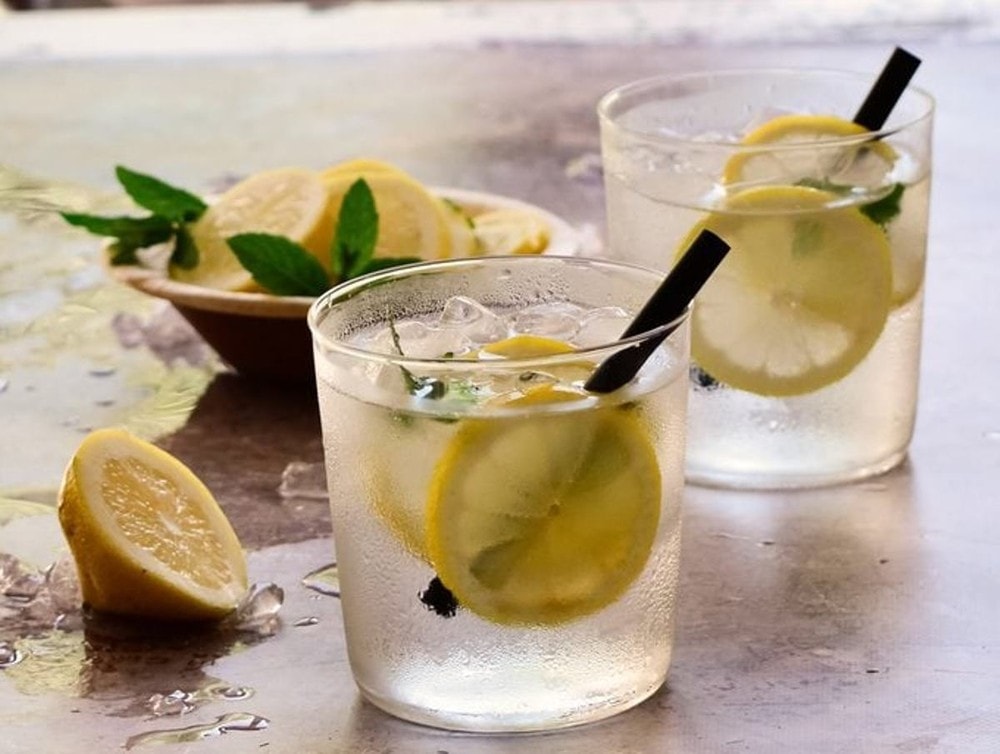
According to Dr. Samuel Mathis, MBA, a licensed family medicine physician and director of the behavioral and integrative medicine fellowship program at the University of Texas Medical Branch, the acidity of lemon juice can stimulate digestive enzymes, which can aid in digestion and nutrient absorption, indirectly supporting liver function.
Turmeric contains curcumin, a powerful anti-inflammatory and antioxidant compound that may support liver function. Curcumin has been studied for its ability to reduce liver inflammation and prevent fat accumulation.
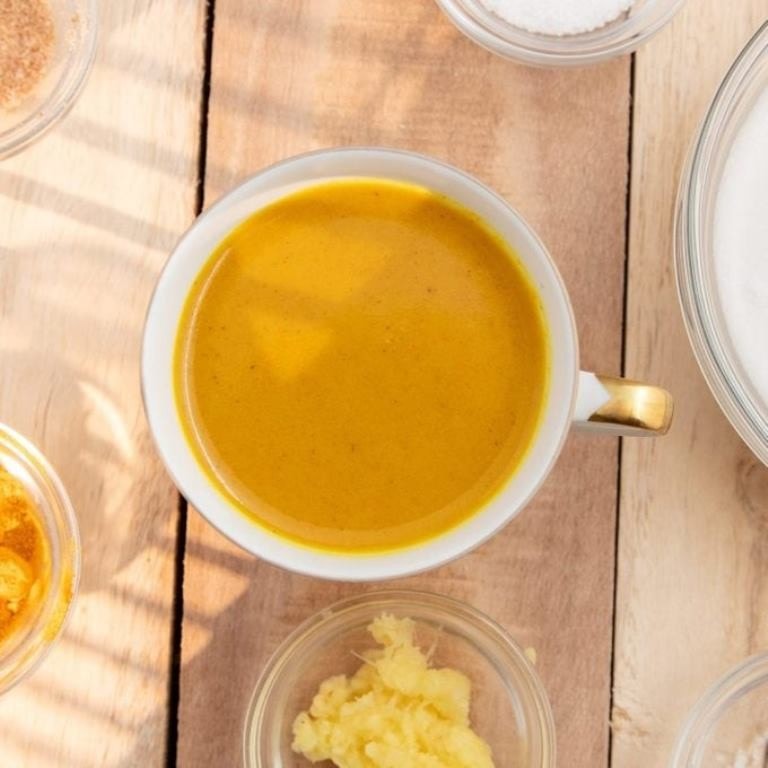
Studies have shown that curcumin significantly reduces liver fat and LDL cholesterol, promoting liver health and reducing symptoms of liver disease.
Simply add 2 teaspoons of turmeric powder to any tea you like and drink it 1-2 times daily.
Chamomile tea is often considered a calming and relaxing drink before bed. Chamomile contains sesquiterpene lactones, which help detoxify the liver.
Additionally, this herb has anti-inflammatory properties, which help the body process detoxification intermediates effectively.

Studies have found that people who drink black coffee (no added sugar or cream) in moderation (no more than 400 milligrams of caffeine/day) are less likely to develop liver diseases such as fatty liver, cirrhosis, and liver cancer.
According to researchers, when the body digests caffeine, it produces a chemical called paraxanthine that slows the growth of scar tissue associated with fibrosis. That can help fight liver cancer, cirrhosis, and non-alcoholic fatty liver disease.
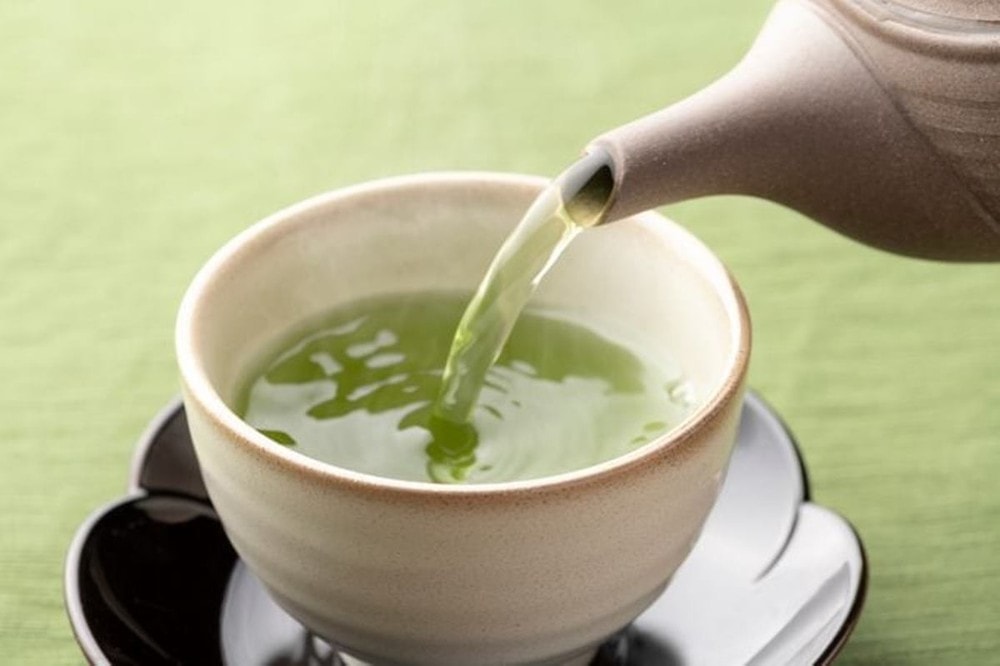
Green tea is known for its high content of catechins, a type of antioxidant that may help reduce oxidative stress and inflammation in the liver. Some studies have shown that regular consumption of green tea is associated with improved liver enzyme levels and may reduce the accumulation of fat in the liver, especially in people with non-alcoholic fatty liver disease.
However, green tea should only be consumed in moderation, 2-3 cups/day.
The main active ingredient in licorice is glycyrrhizin, which has antiviral, antibacterial and anti-inflammatory properties. Glycyrrhizin also helps reduce enzymes, preventing their harmful effects on the liver.
Licorice contains anti-inflammatory properties, which help protect the liver from the effects of excessive alcohol consumption.
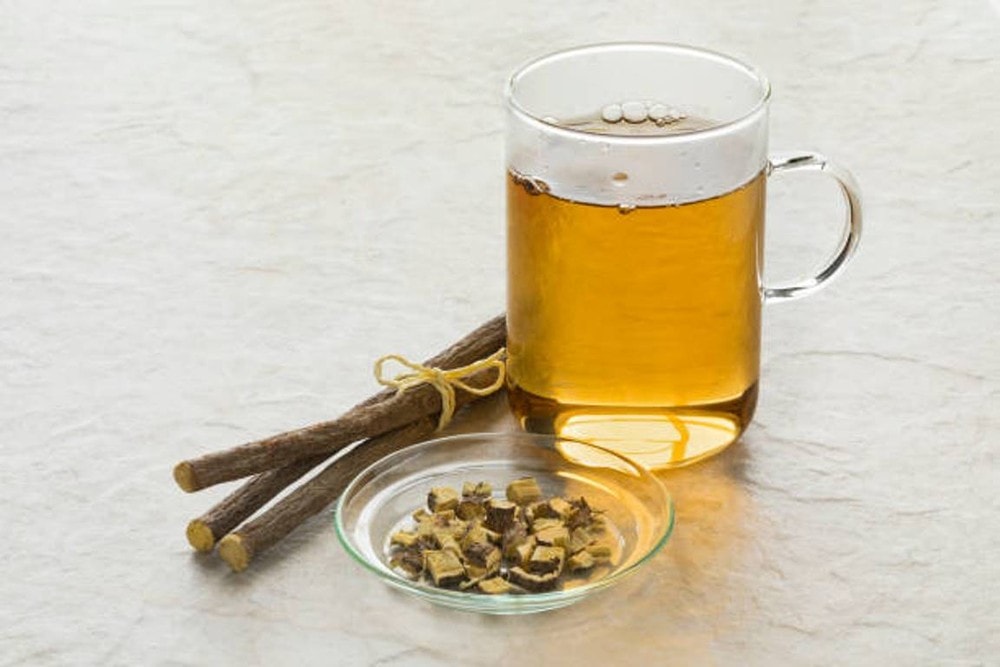
Making licorice tea is quite simple, you just need to boil 250ml of water and then drop in 2-4 slices of dried licorice, then you can add a little honey and a few slices of lemon to enhance the flavor of the tea.
Artichoke tea is a great supplement to support the liver. Artichoke leaves promote bile production, improving liver health. Artichokes also help the liver grow new tissue, supporting repair and regeneration, making it one of the best herbal teas for liver health.
Artichoke tea should also be used in reasonable amounts. If it is fresh artichoke, use 10-20g per day, boiled with 1 liter of water; if it is dried artichoke, use 5-10g per liter of water. If it is artichoke in filter bags, use a maximum of 3-4 bags per day, each bag brewed with a cup of 200ml boiling water.
VN (according to Vietnam+)